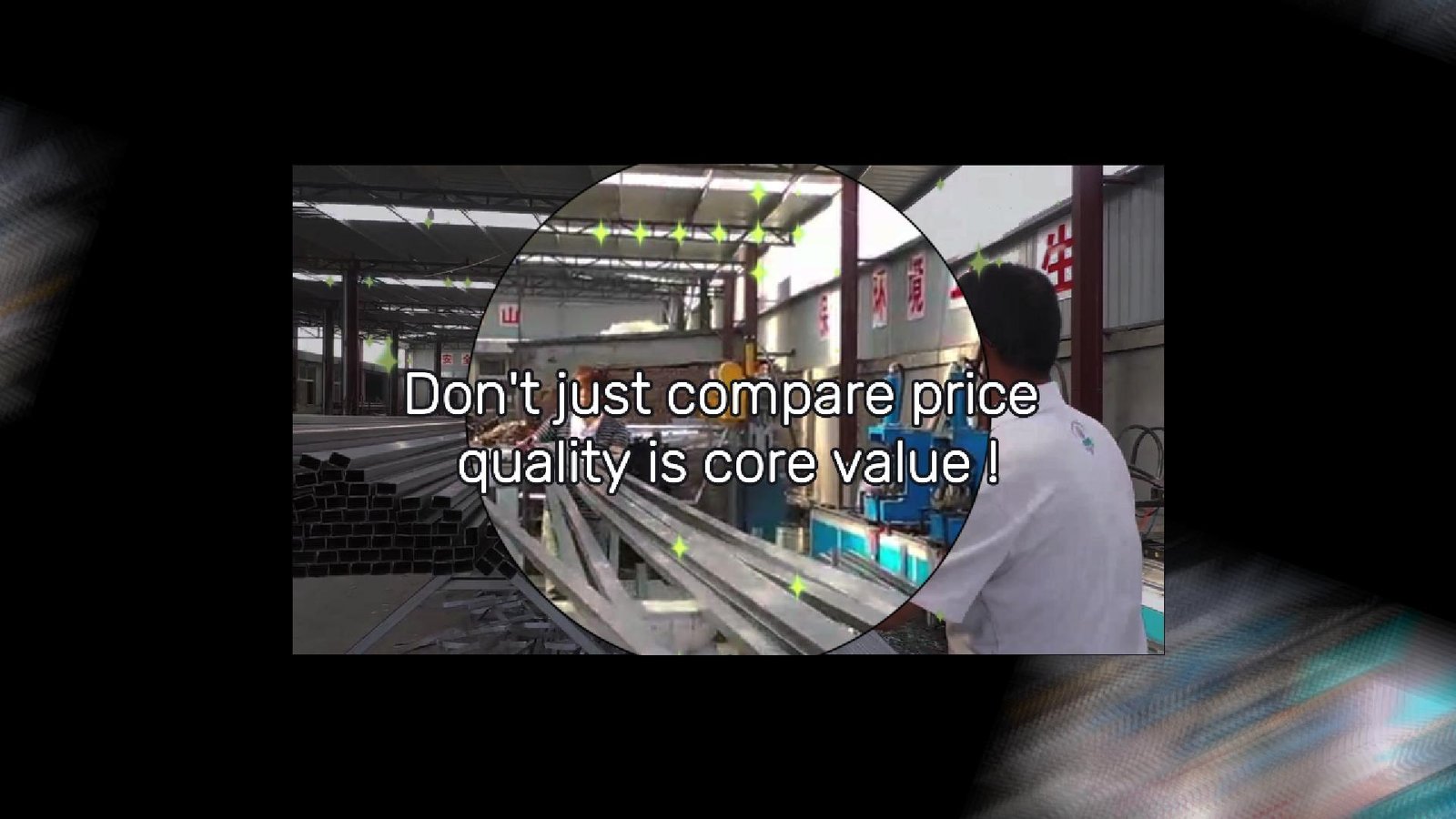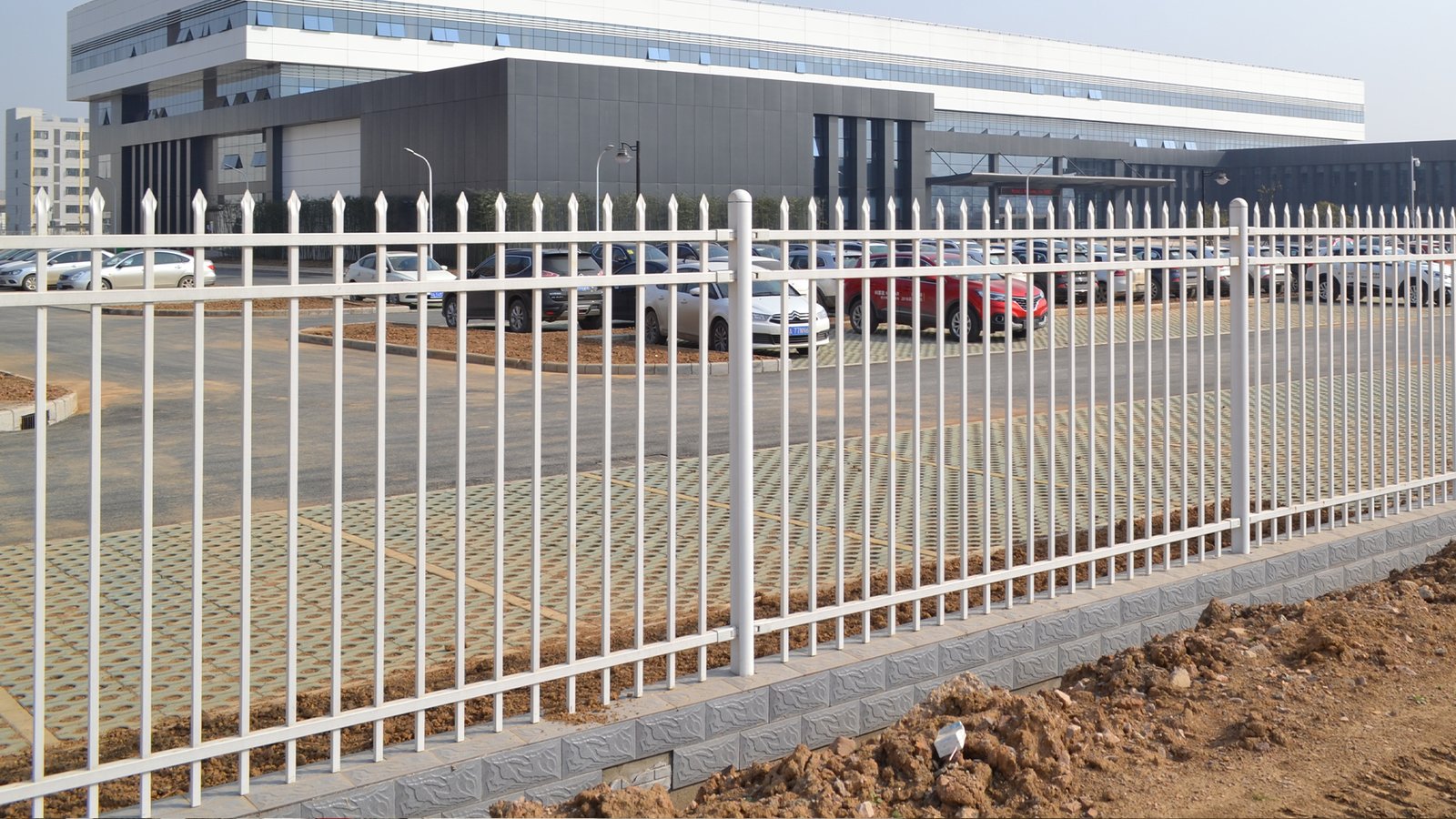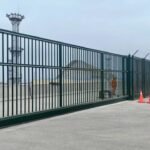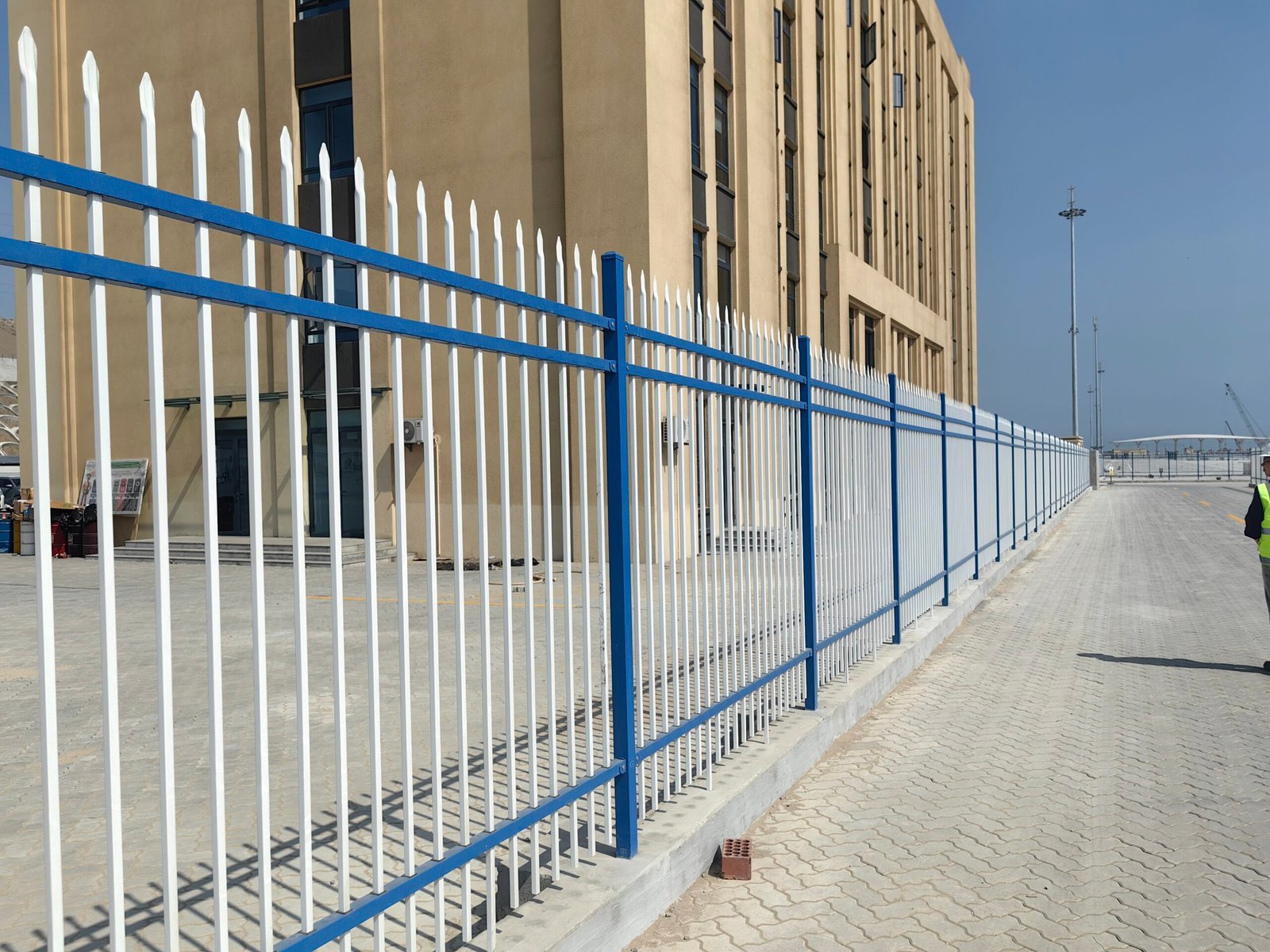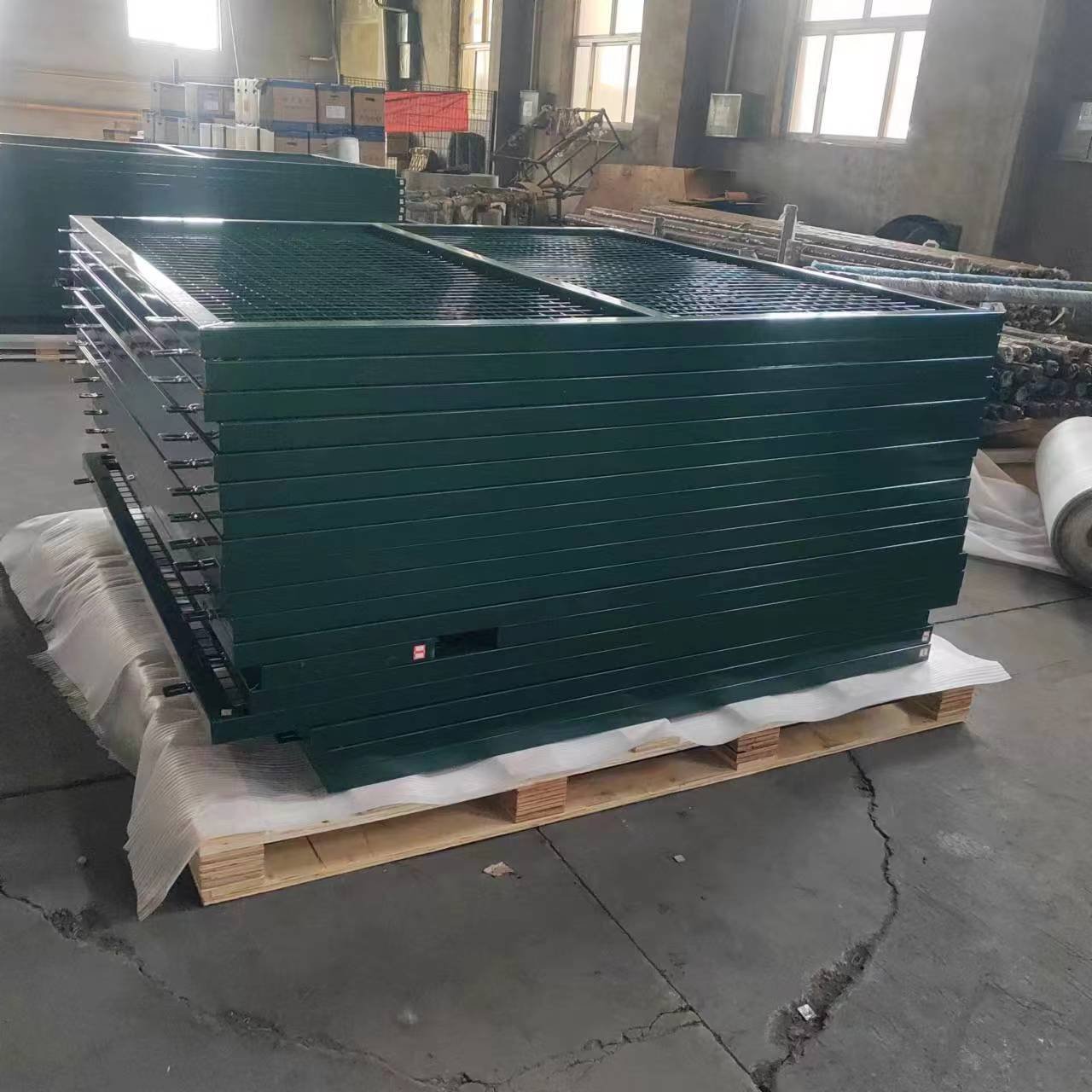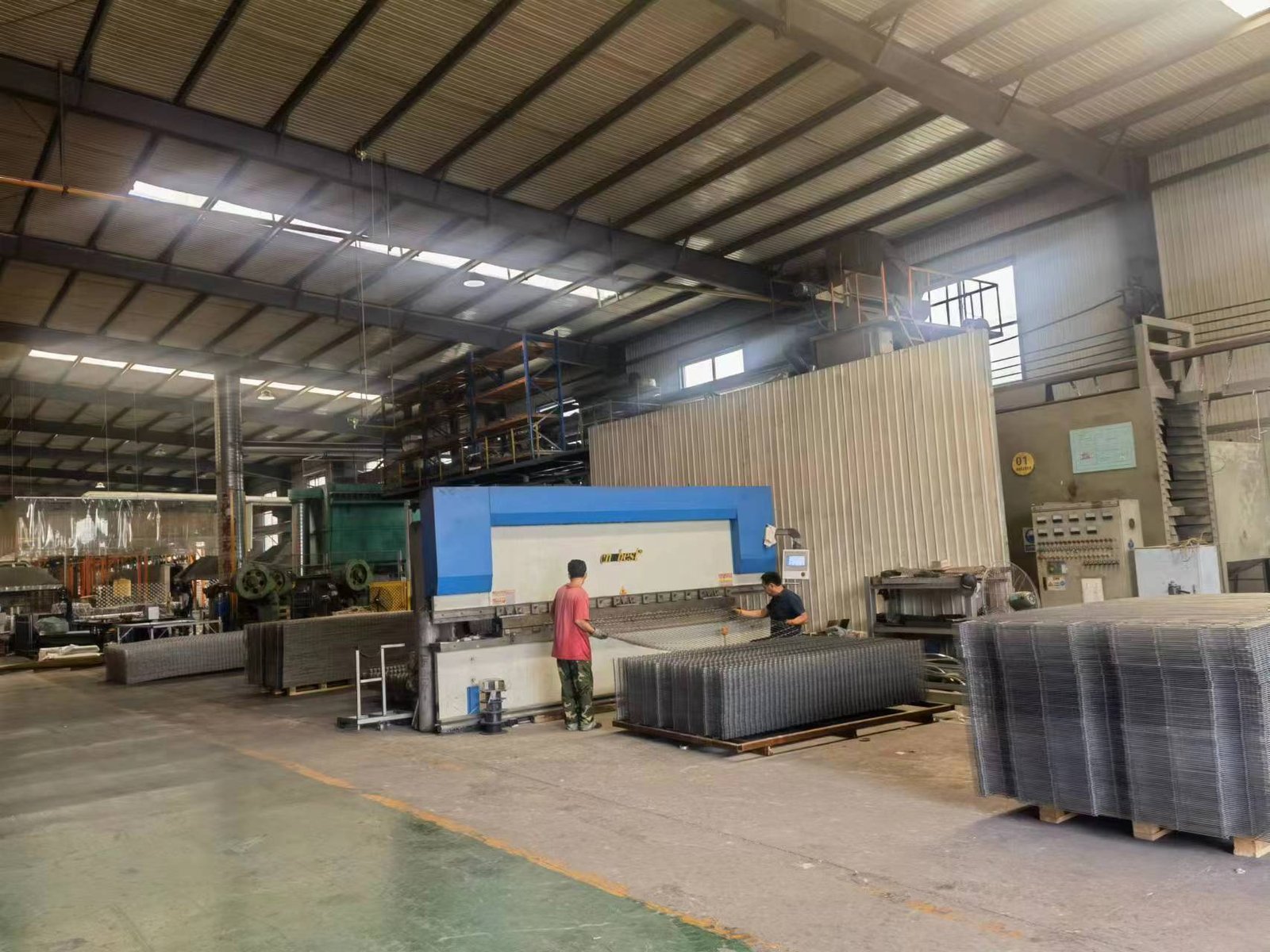Understanding Fencing Product Parameters
Fencing product parameters play a crucial role in determining the quality and durability of fencing solutions. When selecting fencing, it is essential to consider various specifications such as wire thickness, material type, and coating techniques. Each of these parameters significantly affects not only the fence’s functionality but also its longevity and aesthetic appeal.
Wire thickness is a primary parameter that influences the strength of the fencing. Thicker wires typically offer enhanced resistance to bending, breaking, and overall wear. Common wire thickness measurements in fencing vary, with galvanized wires often falling between 2.3 mm to 5.0 mm. Understanding wire thickness allows fence traders to recommend the right product based on customer needs, from agricultural fencing to security installations.
Material type also plays a pivotal role in producing effective fencing solutions. Q235 steel is frequently utilized for various fencing applications, owing to its favorable mechanical properties. This low-carbon steel is renowned for its strength and weldability, making it an ideal choice for a robust fence structure. Other materials such as vinyl, wood, and aluminum may be considered for specific scenarios, each bringing its own unique benefits and drawbacks.
Coating techniques are equally important in prolonging the lifespan of fencing products. Coatings, such as galvanization or powder coating, serve to protect the material from rust, corrosion, and environmental damage. By understanding different coating methods, traders can offer products that fit the needs of individuals in diverse climates and usage conditions, enhancing overall customer satisfaction.
In addition to the parameters previously mentioned, the significance of understanding these specifications cannot be overstated. Making informed purchasing decisions requires knowledge about the intricate details of fencing products, ensuring one selects the most suitable option for their specific requirements. This comprehension ultimately guides traders in providing high-quality fencing solutions to their clientele.
Identifying Quality: The Role of Wire Mesh Panel Specifications
Wire mesh panels are an integral component in the fencing industry due to their versatility and strength. When assessing the quality of wire mesh panels, key specifications come into play, particularly the thickness of the steel wire used and the diameter measurements, such as φ5. These parameters significantly impact the durability and effectiveness of the panels in both residential and commercial applications.
The thickness of the wire is often a crucial indicator of overall quality. Thicker wires tend to offer more strength, resistance against rust, and longevity, making them preferable choices for buyers seeking reliable fencing solutions. For instance, when considering wire mesh panels categorized as φ5, it is essential to examine how this measurement translates into real-world performance. Panels made from thicker wire generally exhibit superior resistance to deformation and weather-related wear, ensuring they maintain structural integrity over time.
However, it is common for lower quality panels to superficially resemble their higher quality counterparts. This can lead to misconceptions about durability and performance. To discern the true quality of wire mesh panels, traders should adopt several assessment techniques. A tactile evaluation of the wire, such as feeling for stiffness and unevenness, can provide immediate insights into its robustness. Additionally, examining the coating of the wire is equally important; superior-quality panels often feature galvanization or powder coating, which enhances corrosion resistance and extends the lifespan of the panels.
In the market, these evaluation techniques serve as valuable tools for fence traders, enabling them to make informed decisions based on both tactile and visual assessments. By focusing on these specifications, traders can better differentiate high-quality wire mesh panels from inferior alternatives, ultimately guiding their procurement processes and enhancing customer satisfaction.
The Importance of Proper Galvanizing Techniques
Galvanizing is an essential process in the manufacturing of fencing products, primarily serving as a protective measure against corrosion. This process involves the application of a zinc coating to steel or iron fences, which significantly extends their lifespan, especially in outdoor environments subject to varying weather conditions. The quality of galvanizing, however, can vary significantly based on the techniques employed during production.
High-quality galvanizing techniques contribute not only to the durability of fence products but also ensure consistent performance over time. In contrast, low-quality galvanizing processes may result in a thinner zinc coating that wears off quickly, leading to premature rusting and deterioration of the fence. Budget cuts by suppliers often lead to the adoption of inferior galvanizing methods, compromising the integrity of the finished product. These budget constraints can materially affect product quality, leaving traders prone to customer complaints and warranty claims as fences fail to meet expected longevity standards.
Reputable fence manufacturers adhere strictly to excellent galvanizing practices. They typically use hot-dip galvanizing, wherein the fencing material is submerged in molten zinc, resulting in a robust coating that shields the metal beneath. This method guarantees adherence to specified thicknesses of zinc, ensuring optimal protection against environmental factors. Additionally, high-end manufacturers conduct rigorous quality assessments post-galvanization to ensure compliance with industry standards, thereby validating the endurance and performance of their products.
As a fence trader, understanding the nuances of galvanizing techniques can inform your purchasing decisions. Emphasizing quality over cost can lead to better customer satisfaction and a stronger reputation in the market, as durable fences contribute to longer-term customer relationships and reduced maintenance concerns.
Making Informed Decisions: How to Choose Reliable Fence Suppliers
When navigating the complex landscape of fencing materials, it is imperative for fence traders to choose reliable suppliers who prioritize quality and adhere to established product parameters. Selecting trustworthy partners can significantly impact the durability and reputation of your fencing projects. Therefore, conducting thorough research becomes the foundational step towards informed decision-making.
One effective approach is to evaluate potential suppliers based on their certifications and quality control processes. Reputable manufacturers typically have industry certifications that comply with national and international standards. These credentials serve as an assurance that their products meet quality benchmarks. Consequently, verifying these credentials can provide traders with confidence in the supplier’s commitment to maintaining high standards in product parameters.
Moreover, engaging in open dialogue with potential suppliers is essential. Traders should ask pertinent questions about product specifications, including materials used, manufacturing processes, and durability tests. Understanding how the supplier ensures quality can shed light on their reliability. Additionally, it is important to seek guarantees from suppliers about their manufacturing processes. Such guarantees should explicitly outline how the supplier maintains consistency in quality and adheres to product parameters.
Building relationships with reputable factories, particularly those in regions such as China where high-quality fencing solutions are produced, can further enhance a trader’s ability to source reliable products. Forming partnerships with established manufacturers offers advantages such as better pricing, consistent supply, and access to the latest innovations in fencing. Networking and establishing connections in international markets can thus lead to valuable insights and opportunities for sourcing reliable fencing solutions.
In conclusion, the process of selecting trustworthy fence suppliers requires a blend of research, direct communication, and relationship building. By prioritizing these strategies, traders can secure quality fencing products that align with industry standards, ultimately leading to successful fencing projects and satisfied clients.
China Fence Maker who is owner of China Fence Factory is your best choice partner,please add our WhatsApp: +86 138 1087 4664



